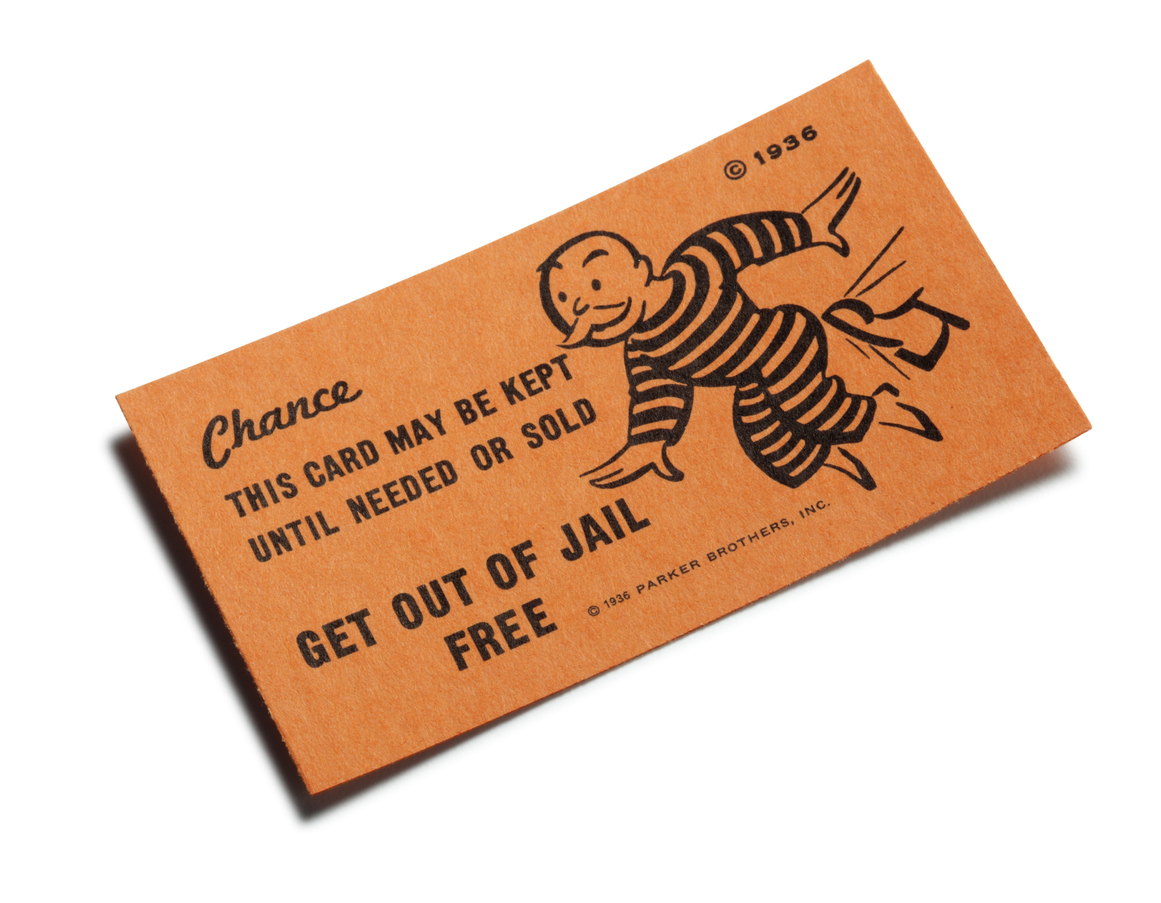As many of you know, most homeowners insurance policies provide coverage for more than just damage to your home. For example, most policies provide coverage for injuries sustained by guests or strangers as a result of your actions. But let’s say you are injured at your neighbor’s house. Can you sue your neighbor’s insurer? The Texas District Court of Appeals in Corpus Christi recently delivered an informative opinion which detailed when an injured person can sue his neighbor’s insurance carrier.
In Farias v. Allstate Ins. Co. et. al., No. 13-10-00071-CV (Tex.App.—Corpus Christi, June 2, 2011, pet. pending), the Texas District Court of Appeals delivered an opinion involving injuries sustained by the insured’s neighbor’s child after the insured’s dog attacked the child, biting him several times. After Farias’ child was injured, she filed an insurance claim with the dog owner’s insurer, Allstate, and it denied her claim. Farias then filed suit against Allstate.
The Plaintiff argued her child was a third-party beneficiary based on the following provision of the Allstate insurance policy (emphasis in original):
COVERAGE D (Medical Payments to Others)
We will pay the necessary medical expenses incurred or medically determined within three years from the date of an accident causing bodily injury. … As to others, this coverage applies only:
* * *
2. to a person off the insured location, if the bodily injury:* * *
d. is caused by an animal owned by or in the care of an insured.
The Plaintiff argued that the Coverage D provision expressly provided a benefit for her son because he was injured by an animal owned by the insured. However, the Court quickly dismissed that argument. In Texas, a contract must explicitly list a person as a third-party beneficiary. Because Plaintiff’s son was not listed in the policy, the Court concluded that he was not a third-party beneficiary under Texas law.
Additionally, the Court discussed when an injured person can sue his neighbor’s insurer. The Court noted that Texas is not a direct-action state:
[T]he Texas Supreme Court has held that an injured party cannot sue the tortfeasor’s insurer directly until the tortfeasor’s liability has been finally determined by agreement or judgment.
Because the record did not reflect that the neighbor’s liability had been finally determined by agreement or judgment, the Court concluded that Plaintiff lacked standing to sue and dismissed her case.
Therefore, if you or your loved one suffers an injury as a result of a neighbor’s pet or actions, you cannot sue his/her insurer directly until after your neighbor’s liability has been determined by judgment or agreement. This means that you have to sue your neighbor before suing his or her insurer. And you can only sue your neighbor’s insurer if your neighbor is either found liable or agrees to accept liability.



